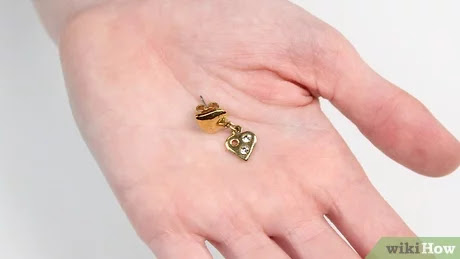Why black market Iphones are hot commodity in Argentina
Argentina has a serious trafficking issue.And it's not just drugs -- but iPhones.Buenos Aires, the nation's capital, is rife with stores sporting Apple signs and images of the late Steve Jobs. Walk into any of these unaffiliated shops, and you'll find white walls covered with iPhone accessories. But to purchase an iPhone, you'll have to inquire discreetly.Apple's smartphones are still unauthorized for sale in Argentina. In 2009, under President Cristina Fernandez de Kirchner, the government passed a law to promote local industry and prevent the flow of dollars out of Argentina. Electronics companies had tomanufacture in Argentina's Tierra del Fuego region in order to be able to sell their products in the country. While Samsung and LG complied, Apple left.The Kirchner administration restricted the exchange of pesos for dollars and implemented a 50% import tax on electronics and other foreign goods, essentially designed to block iPhones from entering the country.Under current president Mauricio Macri, the government lifted the exchange restrictions, but the high import tax remains. A 64GB iPhone 6S Plus that costs $950 in the United States would have a 50% import tax and at least in$100 shipping charges -- amounting to around $1,575.It's actually cheaper to fly from Argentina to Miami and buy an iPhone inthe United States, than to just buy an iPhone in Argentina.
Argentinians aren't ones to wait around for policy, and have instead found their own way to obtain iPhones. Many consumers take vacations to countries like the United States to make their purchases, said Agustin Garzon, executive manager of the National Agency of Communications (ENACOM).For those who can't travel, there are an abundant supply of iPhones that have been smuggled into the country. Approximately 12 million smartphones -- mostly domestically produced -- were bought in Argentina last year. At least 1.8 million of those devices were obtained through the black market, according to ENACOM data.
Argentinian iPhone resellers either have connections in customs or pay off people to smuggle them in from Chile or Colombia, where iPhones sell for similar prices as in the U.S.The Apple contraband movement even uses pilots and flight attendants to bringas many iPhones as they can fit in their luggage, according to Emiliano Gufre, who owns an independent Apple repair shop. Once in Argentina, unlocked phones are sold to direct resellers who then attach their own price tag.Store owners like Gufre buy from the resellers, but the devices are most commonly sold on Mercado Libre, Latin America's eBay. They go for a few hundred dollars over the U.S. price, but they're still cheaper than market value."It's the same process to import an iPhone as it is to move a kilo of cocaine,"said Gufre. "We don't like that it's done illegally, but there's no other way."Customs officers attempt to strictly monitor and enforce what's brought into the country, but once the phones are there, it's highly unlikely that police would crack down on illegal sellers. Some customs agents have even been customers of these iPhone vendors themselves.Although it's difficult to measure the black market, at least 50 new stores selling iPhones have opened since 2014 in Buenos Aires, Gufre said.Those without connections have resorted to more creative ways of bringing in contraband iPhones. After purchasing iPhones in Colombia, Ivan D.,another unofficial iPhone seller in Argentina, wears a hand-tailored garment sewn with more than 20 pockets to hold the gadgets, and enters Argentina undetected. Although the iPhones are paid for in full, he does this in order to avoid a import tax that would come out to more than $10,000, said Ivan D., who requested not to have his last name disclosed."You have to wear layers over the garment, and then a jacket, so we can only do it in the winter or it'll look suspicious," said Ivan. "I'll also bring a new computer for distraction, and pay the $200 tax for it, which is nothing compared to the taxes on all the iPhones."This year, Apple has been setting up meetings to find out more about bringing back iPhones into Argentina, according to Garzon. But with the import tax unlikely to go away any time soon, neither will the black market.




Comments